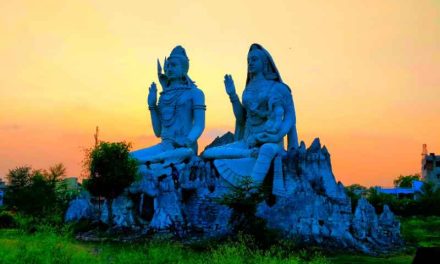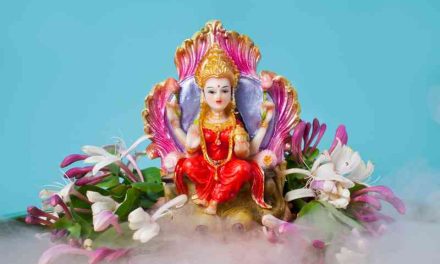The Mahat Upanishad is a short but powerful text that offers a unique perspective on the nature of consciousness. The Upanishad teaches that consciousness is the foundation of all reality, and that it is the source of all creation.
The Upanishad begins by defining Mahat as the “great principle” or “cosmic intelligence.” Mahat is the source of all the other principles of creation, such as prana (life force), ahamkara (ego), and manas (mind).
The Upanishad teaches that Mahat is also the source of our individual consciousness. Our individual consciousness is a spark of the cosmic consciousness, and it is our birthright to realize this truth.
The Upanishad teaches that the path to realizing our true nature is through meditation. Meditation is the practice of focusing our attention on the present moment, and it allows us to access the deeper levels of our consciousness.
As we meditate, we begin to experience the unity of all things. We see that the world is not made up of separate objects, but rather of a single, interconnected field of energy. We also begin to experience the peace and joy that are the natural state of our being.
The Mahat Upanishad is a valuable resource for anyone who is interested in exploring the nature of consciousness. The Upanishad’s teachings can help us to understand our place in the universe, and they can also help us to live more fulfilling and peaceful lives.
The Concept of Mahat in the Mahat Upanishad
The word “Mahat” is derived from the Sanskrit root “maha,” which means “great.” In the Mahat Upanishad, Mahat is the “great principle” or “cosmic intelligence.” It is the source of all the other principles of creation, such as prana (life force), ahamkara (ego), and manas (mind).
Mahat is often described as the “subtle body” or “causal body.” It is the body of consciousness, and it is the vehicle that carries us through the cycle of birth and death.
The Mahat Upanishad teaches that Mahat is also the source of our individual consciousness. Our individual consciousness is a spark of the cosmic consciousness, and it is our birthright to realize this truth.
The Role of the Guru in the Mahat Upanishad
The Mahat Upanishad teaches that the guru is essential for spiritual growth. The guru is a guide who can help us to understand the teachings of the Upanishads, and who can help us to overcome the obstacles on the path to enlightenment.
The guru is often described as a “mirror” or “reflection.” The guru reflects back to us our true nature, and helps us to see ourselves as we really are.
The Practice of Meditation in the Mahat Upanishad
The Mahat Upanishad teaches that meditation is the practice of focusing our attention on the present moment. Meditation is the practice of stilling the mind, and it allows us to access the deeper levels of our consciousness.
As we meditate, we begin to experience the unity of all things. We see that the world is not made up of separate objects, but rather of a single, interconnected field of energy. We also begin to experience the peace and joy that are the natural state of our being.
The Relationship between the Individual and the Universe in the Mahat Upanishad
The Mahat Upanishad teaches that the individual and the universe are not separate. The individual is a microcosm of the universe, and the universe is a macrocosm of the individual.
This means that whatever happens in the universe also happens in the individual, and vice versa. If we want to change the world, we must first change ourselves.
The Ethical Teachings of the Mahat Upanishad
The Mahat Upanishad teaches that the path to enlightenment is paved with ethical conduct. The Upanishad teaches that we should follow the yamas and niyamas, which are the ethical principles of yoga.
The yamas are the five negative ethical principles: ahimsa (non-violence), satya (truthfulness), asteya (non-stealing), brahmacharya (celibacy), and aparigraha (non-attachment).
The niyamas are the five positive ethical principles: sauca (purity), santosha (contentment), tapas (austerity), svadhyaya (study of the scriptures), and isvara pranidhana (surrender to God).





